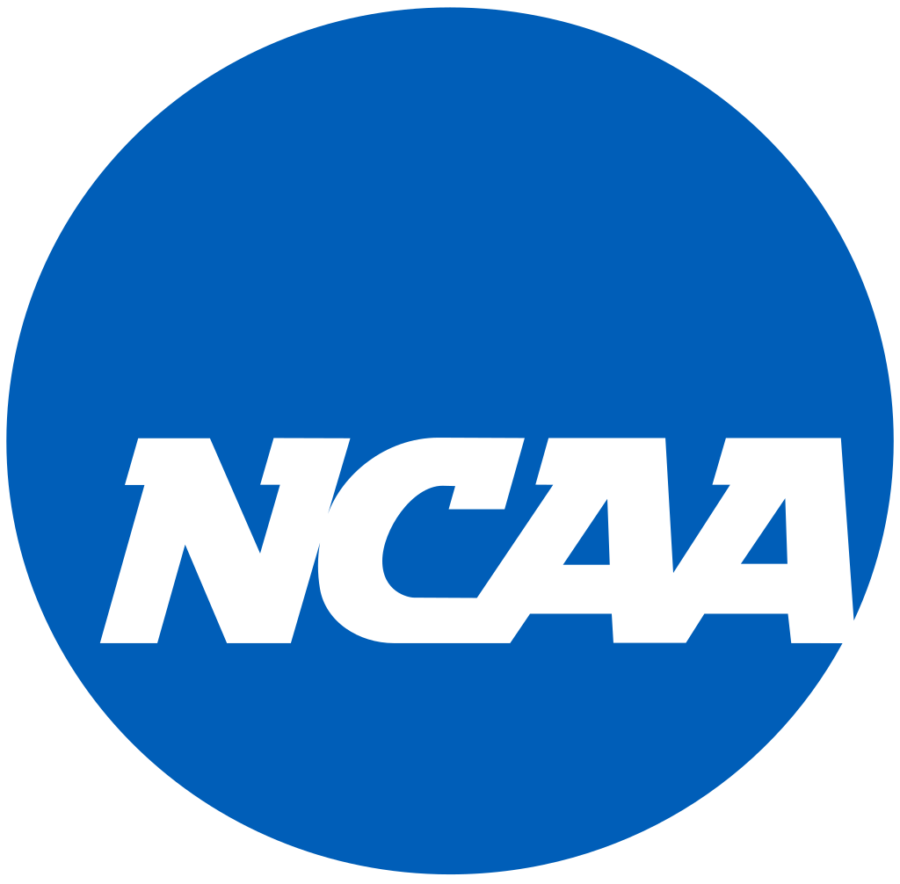- Sports
- Sports / Football
- Sports / Mens Basketball
- Sports / Soccer
- Sports / Volleyball
- Sports / Womens Basketball
Stuve: Why a successful restart of professional sports is vital for the NCAA
July 20, 2020
The Major League Baseball (MLB), National Basketball Association (NBA), National Hockey League (NHL) and Women’s National Basketball Association (WNBA) are all set to either start or restart their seasons in the coming weeks.
If these sports see a lot of its personnel contract COVID-19, it will have a major effect on college sports in the fall.
The first two leagues that begin its restart with regular season games are the WNBA on July 25 and NBA on July 30.
In Orlando, Florida, the site of the NBA’s restart, the teams are in a “bubble” that keeps team personnel at a resort to quarantine.
The WNBA has a similar bubble in Bradenton, Florida.
Out of 346 COVID-19 tests conducted on NBA players and staff in the last week, zero tests came back positive, according to The Athletic’s and the Stadium’s Shams Charania.
On July 6, the WNBA announced it had tested 137 players between June 28 and July 5, with seven players testing positive for coronavirus.
The potential for the COVID-19 virus being spread while teams are playing at the restart could cause the cancellation of the event.
The WNBA and NBA don’t play tournaments often and are only doing it because it had to postpone part of the season back in March.
If at least one of the 22 in Bradenton or Orlando experiences an outbreak of positive cases in upcoming weeks, this could then cause the NCAA to adjust its plans for sports in the coming months, specifically volleyball and basketball.
NCAA basketball and volleyball are sports that see a lot of tournaments played before the season is over, so they may take what the WNBA and NBA do and apply it to their tournaments.
But let’s say the WNBA and NBA bubble fails and lots of personnel begin to test positive for COVID-19, college sports, mainly volleyball and basketball, will be affected.
Basketball — men’s and women’s — and volleyball seasons in the NCAA feature teams usually playing in a nonconference tournament, conference tournaments and if they are good enough, the NCAA Tournament.
These tournaments take place in specific places in the United States with multiple teams being in the same city at once.
So seeing how the NBA restart goes could affect the nonconference, conference and postseason tournaments for the NCAA in the 2020-21 athletic year.
The MLB and NHL have begun their training camps and will begin their seasons at the beginning on July 23 (MLB) and Aug. 1 (NHL).
Each MLB game will happen at an MLB ballpark while NHL games will see Eastern Conference teams play in Toronto, Ontario, Canada, and Western Conference teams play in Edmonton, Alberta, Canada.
The way these two sports are being conducted is similar to the way NCAA soccer and football seasons are run, meaning that the teams don’t often play in tournaments (football doesn’t have tournaments) in the preseason or at the end of conference play.
Rather, these sports see teams travel to play one game (or two for soccer if they are playing in a tournament or a challenge).
These sports, mainly football, usually have their teams travel a lot more than their volleyball or men’s basketball teams, especially teams like Iowa State, who haven’t played a nonconference regular season game outside of Iowa since 2017 (yes Iowa State has played three bowl games that didn’t happen in Iowa but that’s a not guaranteed postseason game, not a scheduled nonconference game).
The way the MLB and NHL run their season, along with the WNBA and NBA, in the coming weeks may serve as an indicator as to what could happen with college sports in the fall.
If the professional sports leagues are able to conduct a safe way to have the players stay away from COVID-19 and play the games, then the NCAA should feel confident about conducting a season for fall sports.
Let’s say however, that the COVID-19 virus spreads throughout these bubbles and in the cities where the professional sports leagues are being played, then the NCAA will be more likely to postpone the fall sports seasons, cut the number of games in a season or eliminate fall sports in 2020.







